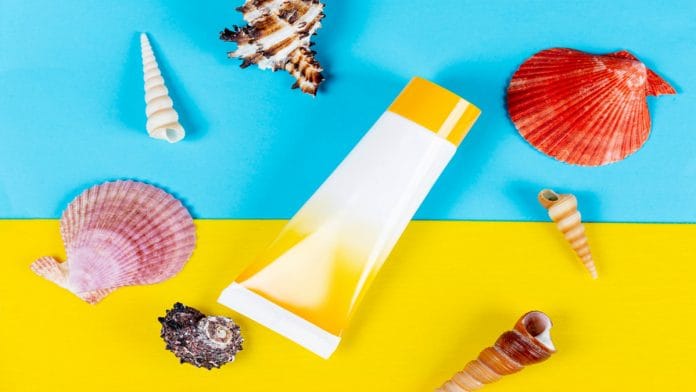There was a time in India when there was maybe just one pharmaceutical company investing in sunscreens and not many of us dermatologists were seeing acne in women beyond 25 years old. Then came the sunscreen boom in the 1990s with the pageant wins and over-the-counter products.
When any 25+ woman comes to me with acne, before looking for a hormonal cause, my first question is, “Do you use sunscreens and moisturisers?” Most say yes. What is amazing is that most patients with oily skin use sunscreen, which by nature is oily and contain active chemical compounds that are lipophilic or oily. I subsequently ask if it was prescribed for a medical condition, and the answer is “of course not, it helps keep the skin fair.” The most common medical indication for using sunscreen is sunburn. Ironically, people predominantly working under the sun such as manual labourers and farmers can barely afford sunscreen while patients who work at indoor offices wear sunscreen.
Academic and medical research on the utility of sunscreens in Indian skin is still lacking and most Indians don’t even need them except for certain dermatological disorders! Most of us copy-paste Western data – where they have overriding medical needs like preventing skin cancers – or rely on Dr Google! The internet will tell you that there is ultraviolet (UV) light even in fluorescent lights at home. The only people who get sunburns from tube lights or LED lights are patients with genetic photosensitivity disorder, which account for less than 0.1 per cent of patients.
Talk to your doctor before you choose or apply any sunscreens because there are a lot of rumours out there.
Also Read: Afghan Snow, India’s first beauty cream, was christened by a king and endorsed by Gandhi
Do we need sunscreens?
Indians enjoy the benefit of living in the tropics and our darker skin tone shields us from UV light. Our skin colour depends on a natural pigment called melanin—also known as the umbrella of the skin that protects us from UV damage.
During the early stages of Homo Sapien evolution, it is likely that pigmentation of the skin primarily developed as protection against sunburn. However, subsequent migration away from our equatorial origin reduced the risk of sunburn and skin pigmentation was lost in order to facilitate adequate penetration of Ultraviolet B for photochemical synthesis of Vitamin D. The obvious corollary is that Indians actually have been ordained with pigment that protects them. Individuals with light skin are at greater risk of melanoma and non‐melanoma skin cancer as well as photoaging.
A tan after some sunlight tends to go away on its own and prolonged exposure, something that most of us are not exposed to, can pigment the skin leading to temporary delayed tanning. But apart from this obvious advantage, sunscreens have no ingredient to make you fair.
One common medical indication of using sunscreens is melasma – brownish patches on skin. But therapeutically, a sunblock with broad-spectrum UVA (even visible light) will not only modestly improve the melasma, but will also enhance the efficacy of bleaching creams and prevent new lesions. Sunscreens can protect the damaged skin, but cannot independently treat melasma.
Also Read: Indians are Vitamin D deficient. And no, it can’t be fixed by diet alone
What harm can they do?
Sunscreen has a list of adverse effects including allergies (courtesy of the chemicals) but the most common problem we see is the aggravation of acne. Almost all chemical sunscreens dissolve in an oily base and are lipophilic, they carry an oily base themselves. This can aggravate acne in an acne-prone individual. In fact, two incredible papers by Dr OH Mills Jr and Dr AM Kligman have noted that in the presence of UV light, sunscreens cause acne. We had published two papers noting a worsening of acne in summers where we had alluded to sunscreens as a cause and a major pharma company in India used the paper to market a sunscreen! Most women with acne that persists beyond 25 years regularly use moisturisers and sunscreens. They get multiple courses of antibiotics, retinoids, topical agents and treatments, which drain their time and financial resources.
If one needs to wear sunscreen and has acne-prone skin, a microfine physical sunscreen or a matte finish causes less acne and is less “oily”. In fact, there are a few “toned” sunscreens that have physical agents to protect the skin against visible light in addition to UVB and UVA and would be a sensible choice amongst the countless sunscreens.
Conclusion
There are many measures that can be adopted to avoid sun damage, but for a large majority of readers who do not labour under the sun all day, it does not make any sense to spend on an expensive chemical sunblock that will definitely not make you fair and also cause acne.
The author is a professor of dermatology at RML Hospital, New Delhi. Views are personal.
(Edited by Pranay Dutta Roy)






